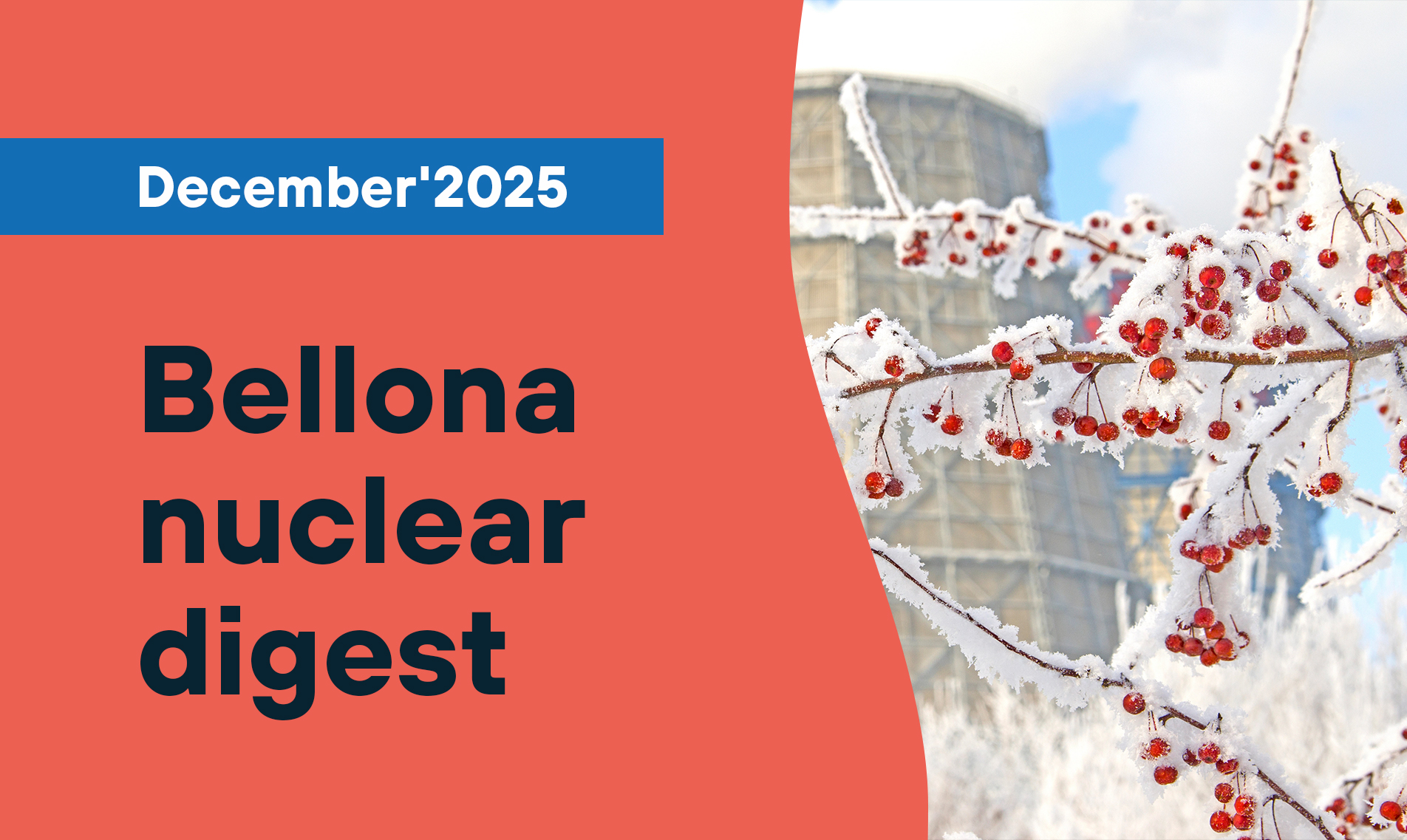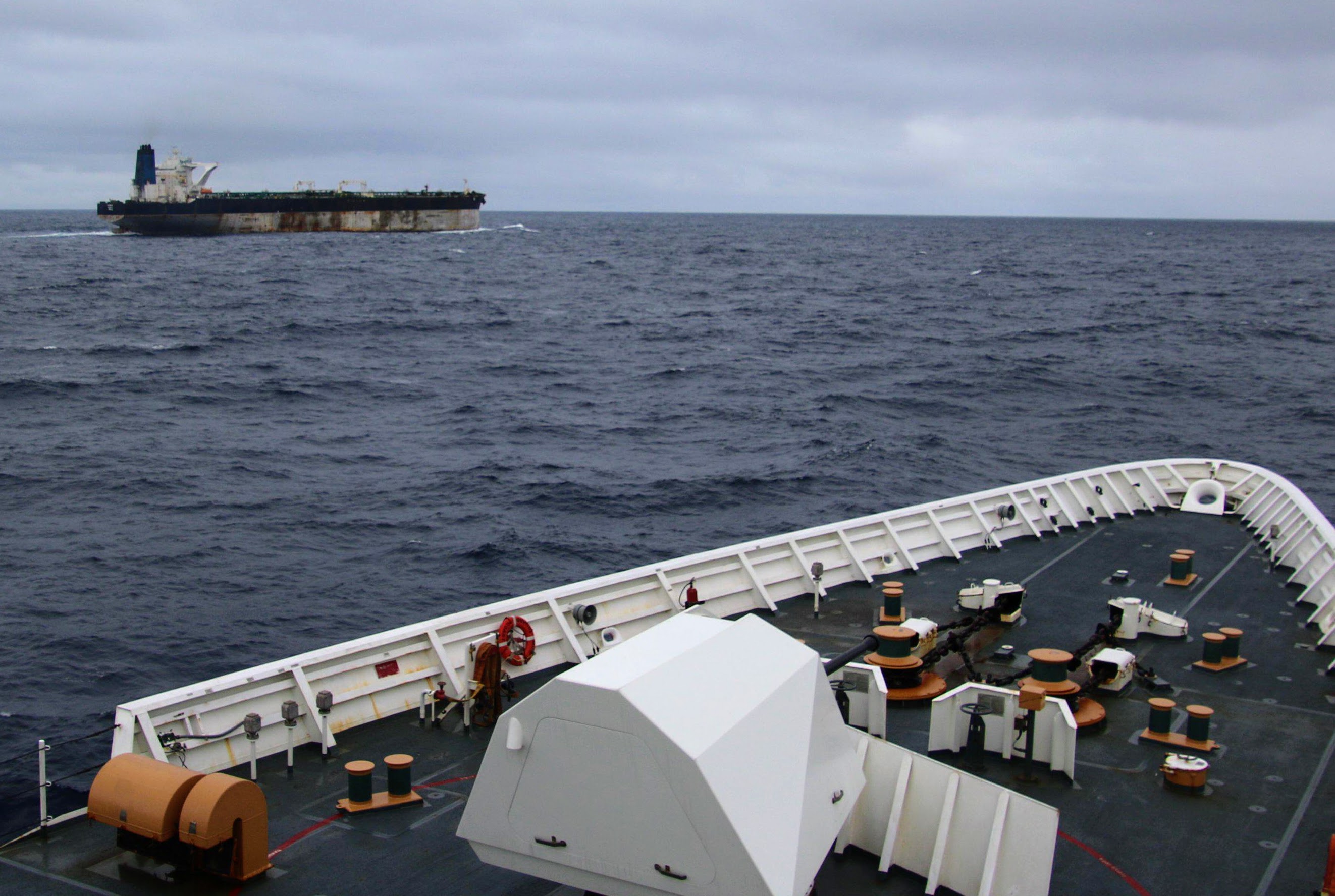Norilsk Nickel, the Arctic mega-polluting metals group controlled by Russia’s richest man Vladimir Potanin, will move some copper smelting production from its home country to China, as western sanctions restrict access to key pieces of equipment and cut profitability, Potanin said in a recent interview.
Speaking with Russian newswire Interfax in April, Potanin said the mining major will replace copper-smelting capacity in its Arctic Nadezhda plant with as-yet-to-be-built facilities in China from 2027 onwards.
“We are transferring our environmental problems, settlement problems, market access problems, problems with customizing our goods for the consumer market, in this case, to China, where they will be solved more efficiently,” Potanin told the agency.
The Oligarch’s interview provides one of the most detailed accounts yet of how western sanctions are hampering Russia’s commodity markets —one of the Kremlin’s crucial sources of funding its war in Ukraine.
It also shows a strain of desperation on Potanin’s part, as we note in our Arctic Digest for April. Dogged by sanctions and unprofitable environmental retrofits, Potanin is simply throwing in the towel on one of his production facilities by moving it abroad.
He told Interfax that the sanctions cut into Norilsk’s revenues by at least 15 per cent since 2022 owing to difficulties around international payments, delivery refusals and pricing discounts — and to troubles over plans to reduce sulfur dioxide pollution at its copper plants.
Norilsk Nickel is one of the world’s largest producers of nickel, copper and platinum, with mines and factories in the Murmansk region and in Norilsk on the Taymyr Peninsula in northern Siberia. Its facilities have a long history of sulfur dioxide pollution, which leads to cardiovascular and respiratory diseases.
The company has pledged to slash these emissions by 90 percent by 2025 and has shuttered some of its Murmansk region facilities in the face of international environmental pressure.
But the company’s facilities in Norilsk continue to place the Taymyr-based industrial settlement among the top dozen most polluted places on earth on an annual basis, according to several metrics. Relocating a part of the copper smelting to China will reduce some sulfur dioxide and other heavy metal pollution locally, Potanin said
But the corporation’s efforts under its sulfur program to reduce sulfur dioxide emissions have been constrained by the sanctions, which have put equipment for environmental improvements out of reach, especially at the copper plant, Potanin told Interfax.
By relocating copper production to China — which Potanin says has better environmental technology — and by implementing further stages of the sulfur plan, local sulfur dioxide emissions will decrease by 20 percent. But the move will be a blow to the city’s 174,000 beleaguered residents, most of whom are somehow supported by the enormous local metalworks.
The Potanin interview came just after the US and UK took their biggest step yet to impose sanctions on Russian metals by banning copper, nickel and aluminum from being traded on the London Metal Exchange and Chicago Mercantile Exchange.
Although the European Union has yet take such direct action against these commodities, numerous European customers are refusing to buy from Norilsk Nickel.
To follow the events in the Russian Arctic, subscribe to the Bellona Arctic Digest (1 letter per month).




